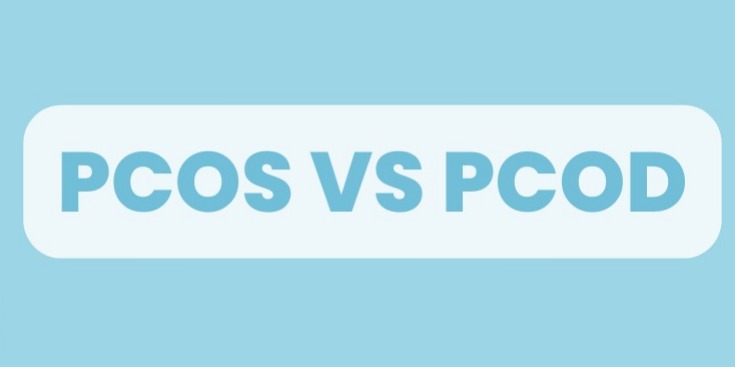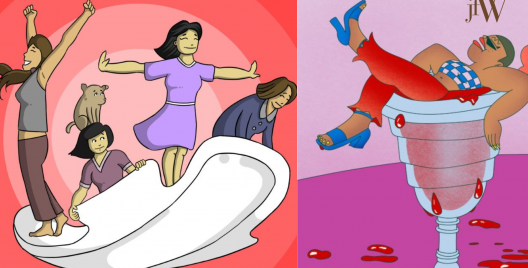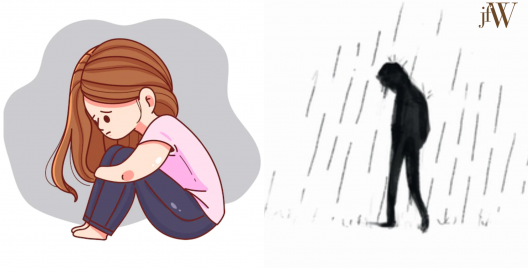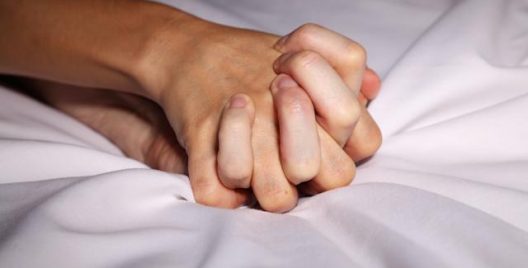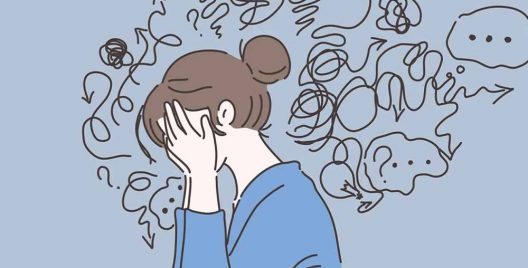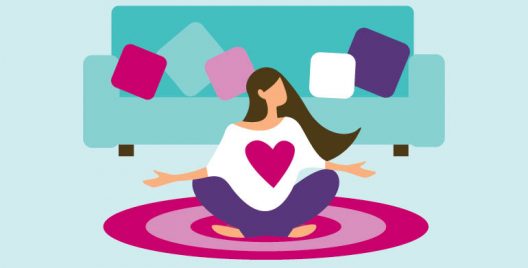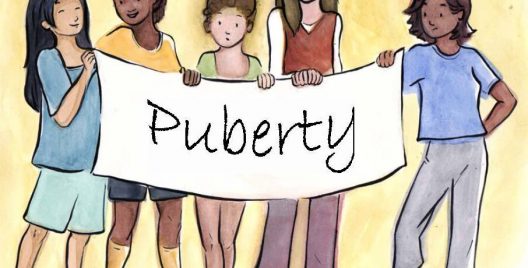Nearly, 1.8 billion people menstruate including Trans men and non binary persons of reproductive age. Despite this fact, we as a society are ignorant of menstrual hygiene resulting in women, especially adolescent girls facing adverse health outcomes. Menstruation usually leaves girls in shock and denial as they are unaware of this natural and recurring process. A sensitive occurrence like menstruation should be addressed by a certified doctor.
Here we have Dr Shanmuga Priya giving insights about menstrual hygiene and its practices. Polycystic Ovary Syndrome (PCOS) and Polycystic Ovary Disease (PCOD) are two common hormonal disorders. People tend to confuse a lot between the two, Dr Priya explains, “Though it may sound similar enough, PCOS is a bit different from PCOD. In PCOD the ovaries start releasing immature eggs that lead to hormonal imbalances and swollen ovaries, among other symptoms; while in PCOS, endocrine issues cause the ovaries to produce excess androgens, which makes eggs prone to becoming cysts. These cysts won’t, however, be released like in PCOD – rather they build up in the ovaries themselves. Menorrhagia, Amenorrhea, Polymenorrhagia are certain abnormal bleeding conditions women face other than other PCOS/PCOD.”
When asked to elaborate on PCOS, she says, “Be it any medical condition, it shows a discomfort or symptom. Detecting PCOS is not easy as missing your periods for a month or two is normal. At least it might take six months to figure out what the health issue actually is.” Speaking of symptoms, she says, “The main symptoms of PCOS are excess hair growth, obesity and thyroid aka hirsutism. Sometimes, severe acne and male-pattern baldness can happen, too. PCOS signs and symptoms are typically more severe in people with obesity. PCOS can be from genetics too.”
On menstrual products
Dr Priya says, “Products do play a main role during the menstrual cycle. Rely on organic and chemical free napkins. Unused, clean cotton clothes can also be used. The talks about menstrual cups are being taken seriously, with the time changes there can be more awareness and also products, she added. She advises her patients to follow healthy lifestyle practices – have a balanced diet, keep moving and never ignore symptoms. Prioritize your mental health as menstrual cycle heavily depends on it.”
Menstruation is not a problem, poor menstrual hygiene is!



